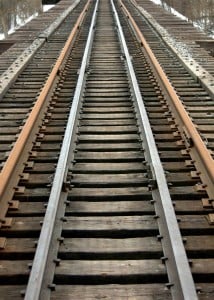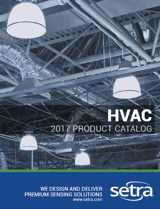Rail Industry Cost and Energy Savings Found in Alternative Fuels
Locomotives have long been the lifeblood of commerce within a country. These massive machines transport everything from oil, food, clothes, large wind turbine parts, to people. These freight hauling giants require massive engines to make their cross country and regional trips in order to deliver products that consumers depend on every day.
These engines can vary in range of horsepower, some reaching up to 4,000 HP, which depends on the amount of axles and payload they need to carry on their given route. With these powerful engines comes the need for a large fuel source to power the engines. Traditionally and still the most common fuel source for locomotives is diesel fuel. Diesel fuel provides the necessary characteristics to run these large machines. However, diesel fuel is very expensive because it isn't a domestic product for many geographical areas worldwide. In North America, as well as other areas of the world, there is a focus on alternative fuels and how they can be used across all industries to save energy and reduce operational costs. At the recent High Horsepower Summit in New Orleans, Liquid Natural Gas (LNG) & Compressed Natural Gas (CNG) was a topic of conversation for the Rail industry.
At the conference; four companies described their new plans into the natural gas powered locomotive field. CLICK HERE to read more about these new engines.
One of the more costly failures in the rail industry is when a locomotive is delayed on the tracks as a result of mechanical failure or not enough fuel. These type of failures not only delay the product from being delivered on time, but they also block other locomotives from using that section of track. A key component in preventing this issue is the control system, which monitors and measures the amount of fuel, allowing the engine to operate properly. A pressure transducer plays a critical role in having these systems operate without failure.
Within these systems, pressure transducers can be utilized in various applications for pressure measurements within the locomotive:
- CNG tanks
- Fuel rail pressure
- Hydraulic brake lines
- Liquid level
CLICK HERE to learn more about pressure transducers offered by Setra.



